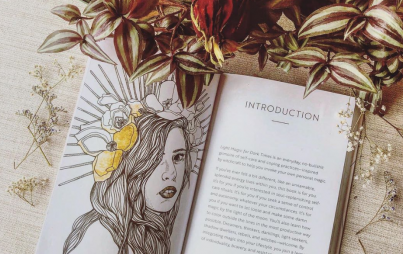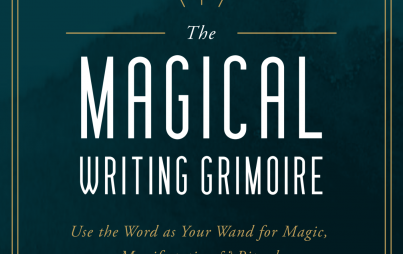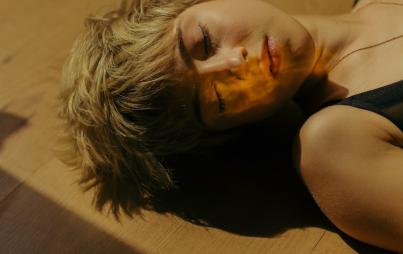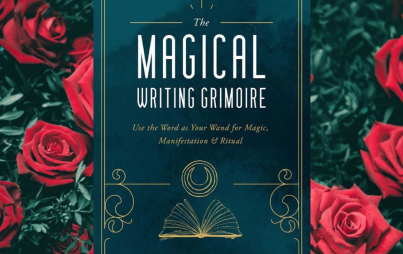Lisa Marie Basile
Bio
Lisa Marie Basile is the founding creative director of Luna Luna Magazine--a popular magazine focused on literature, magical living, and identity. She is the author of "Light Magic for Dark Times," a modern collection of inspired rituals and daily practices, as well as "The Magical Writing Grimoire: Use the Word as Your Wand for Magic, Manifestation & Ritual." She can be found writing about trauma recovery, writing as a healing tool, chronic illness, everyday magic, and poetry. She's written for The New York Times, Refinery 29, Self, Chakrubs, Marie Claire, Narratively, Catapult, Sabat Magazine, Healthline, Bust, Hello Giggles, Grimoire Magazine, and more. Lisa Marie has taught writing and ritual workshops at HausWitch in Salem, MA, Manhattanville College, and Pace University. She earned a Masters's degree in Writing from The New School and studied literature and psychology as an undergraduate at Pace University.
Lisa Marie Basile Articles
When you hear about a person with a chronic illness working or not working or considering quitting a job, these decisions were not made lightly.
Read...Some grief is inert. Some grief is an engine. Sometimes actively participating in grief, I’ve learned, is one small way we can learn to escape its riptide.
Read...It’s Monday, 6 a.m. and Sarah, 30, wakes up — as she does five days a week (but really, it’s seven, because the body is a fickle thing).
Read...What do you do when your workplace is so toxic that it makes you sick? How do you take action then? What happens when you have nothing left to give?
Read...Is there a certain quality to letter writing or diary keeping that inspires the confessional? I believe so.
Read...












